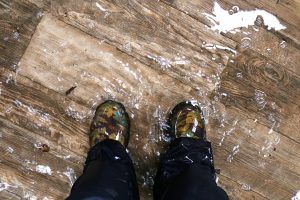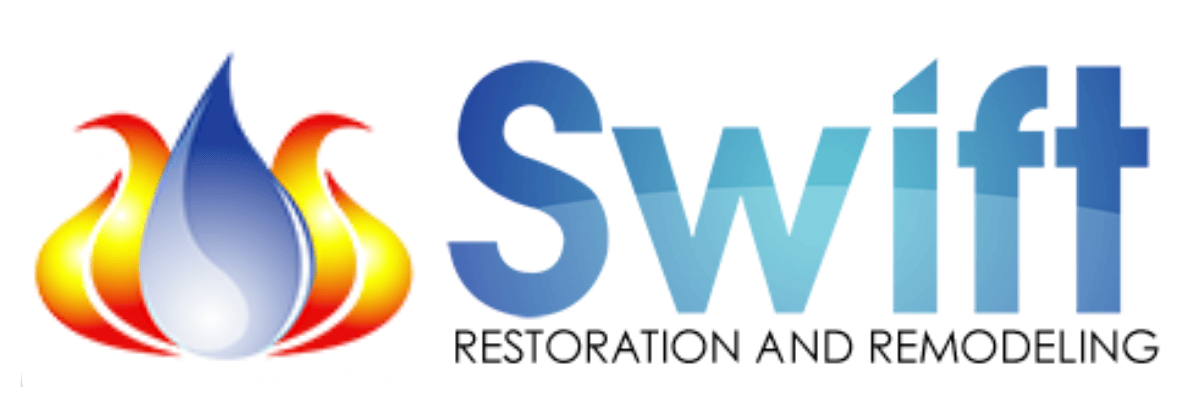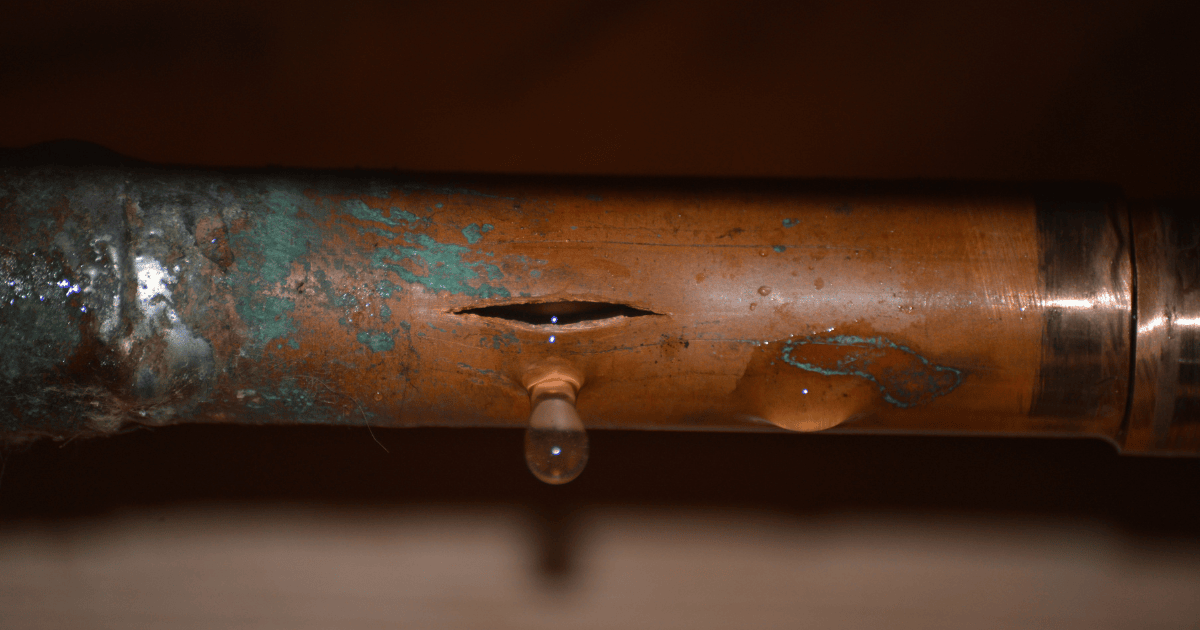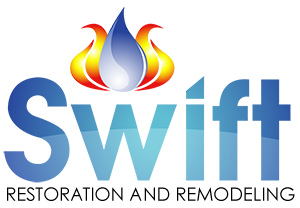
Safety Tips When Cleaning Up Right After A Disaster
There are many types of disasters, from both man made and natural causes. Two things that all disasters have in common is that the first priority is to survive them, and second, to then recover from them. If you have experienced a disaster, the disaster cleanup professionals at Swift Restore are here to help provide safety tips to follow after a disaster to ensure that you and your loved ones can recover safely.
No matter the type of disaster you have experienced, the following safety precautions are standard across the board. Remember, in most situations, home disaster cleanup is best left for restoration professionals. This guide is intended only for the immediate aftermath following a disaster.
Disaster Cleanup In Utah
- Be wary of potential electrical hazards. Downed power-lines and energized pools of water are common during disasters. If you see any downed power lines, be sure to contact the authorities immediately. Never come into contact with pools of water or lines, unless you are absolutely certain they have been de-energized. If you aren’t sure, avoid the area until the power company or a qualified electrician has given you the all clear. Also, if you suspect that any items involved in the disaster have been damaged, have them inspected by a qualified disaster cleanup professional prior to using them or connecting them to power again.
- Gas lines are commonly affected during disasters. If your home has gas, and you suspect that there may have been damage to your gas lines, contact 911 and the utility company immediately; the utility company likely has an emergency number to contact in such an event.
- Ventilation and HVAC systems, especially during hurricanes and floods, can become submerged during a disaster. This can quickly create unsafe indoor breathing conditions. Dangerous microorganisms can grow quickly in wet disaster zones, and can become airborne via the ventilation and HVAC systems. These systems must be thoroughly inspected and cleaned by a qualified disaster cleanup professional, as soon as possible following the disaster. If you suspect that the ventilation system in your home may have been compromised, it is best to avoid entering the home but this isn’t always possible. If you must enter your home, wear personal protective gear such as goggles, and an N95 mask.
- Generators are commonly relied on heavily during a disaster, and they can be a huge asset, but they must be used with caution. Never use a generator in an enclosed space, or an area with poor ventilation. Breathing exhaust from a generator, even for just a few minutes can cause serious bodily harm. Keep any running generators at least 20 feet away from your home with the exhaust pointed away from any doors or windows.
- Drinking water sources are commonly affected during disasters, especially those with extensive flooding. Water sources such as private wells can become exposed to waste and toxins, making them unsafe for consumption. If you suspect that the water source in your home has been affected, it is best to rely on alternative options for water, such as bottled water, until you can have the safety of your water assessed.
Hopefully this guide will help you keep you and your loved ones safe during the disaster aftermath and the disaster cleanup process. If you have additional concerns, helpful resources are available by checking CDC.gov and FEMA.gov.
More To Explore
Our Service Areas In Ogden
Swift Restoration and Remodeling offers services in residential and commercial restoration for the following cities:
Get A Free Estimate
By filling out the form below
NEED HELP WITH DISASTER RESTORATION?
GET A FREE QUOTE TODAY
We are IICRC certified and hire only the most trustworthy and dedicated team members to ensure that each job is taken seriously and handled with absolute professionalism.
FIND US
Swift Restoration and Remodeling
2900 Pennsylvania Ave, Unit C Ogden, UT 84401
Map
All Rights Reserved | Swift Restoration and Remodeling



